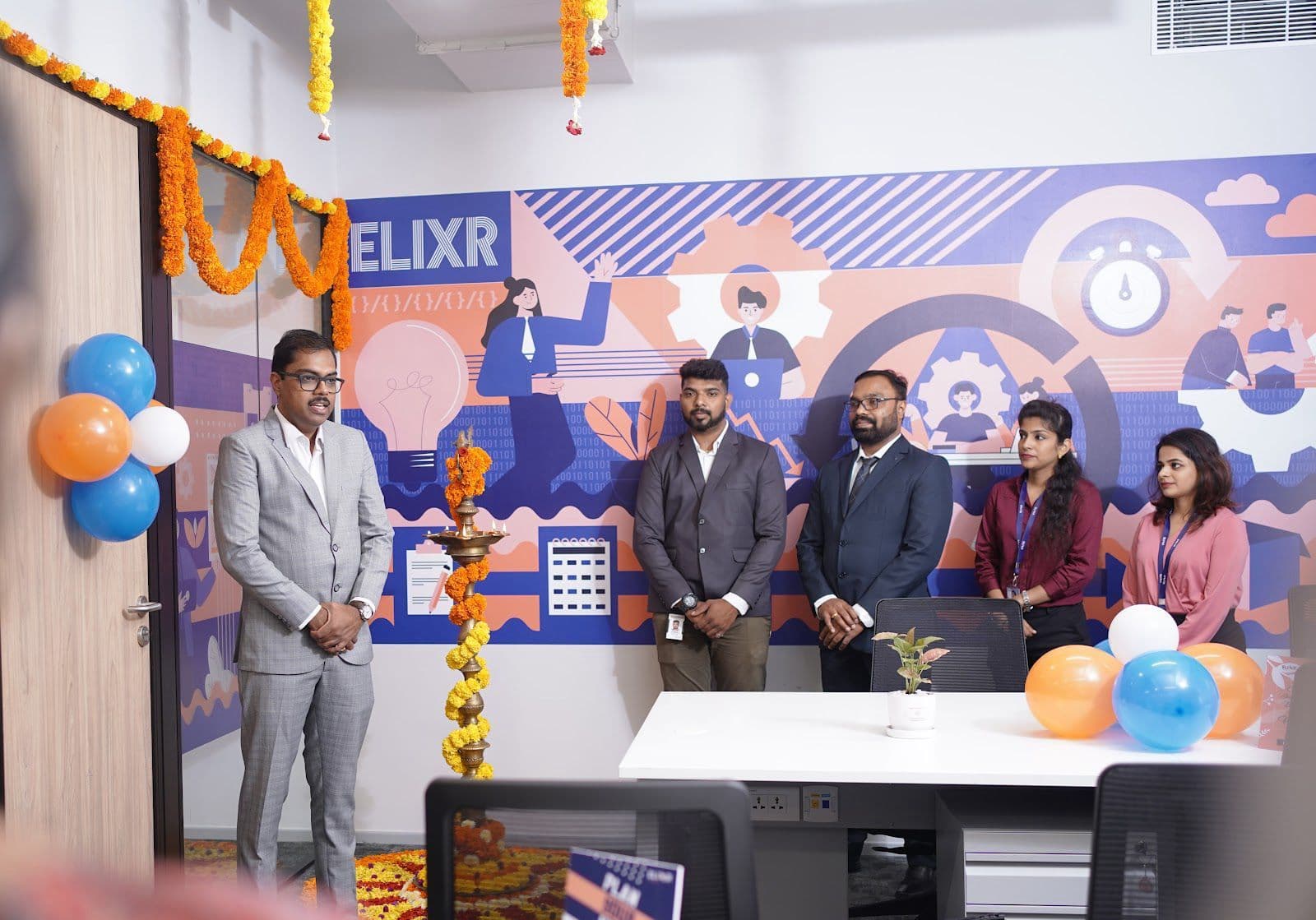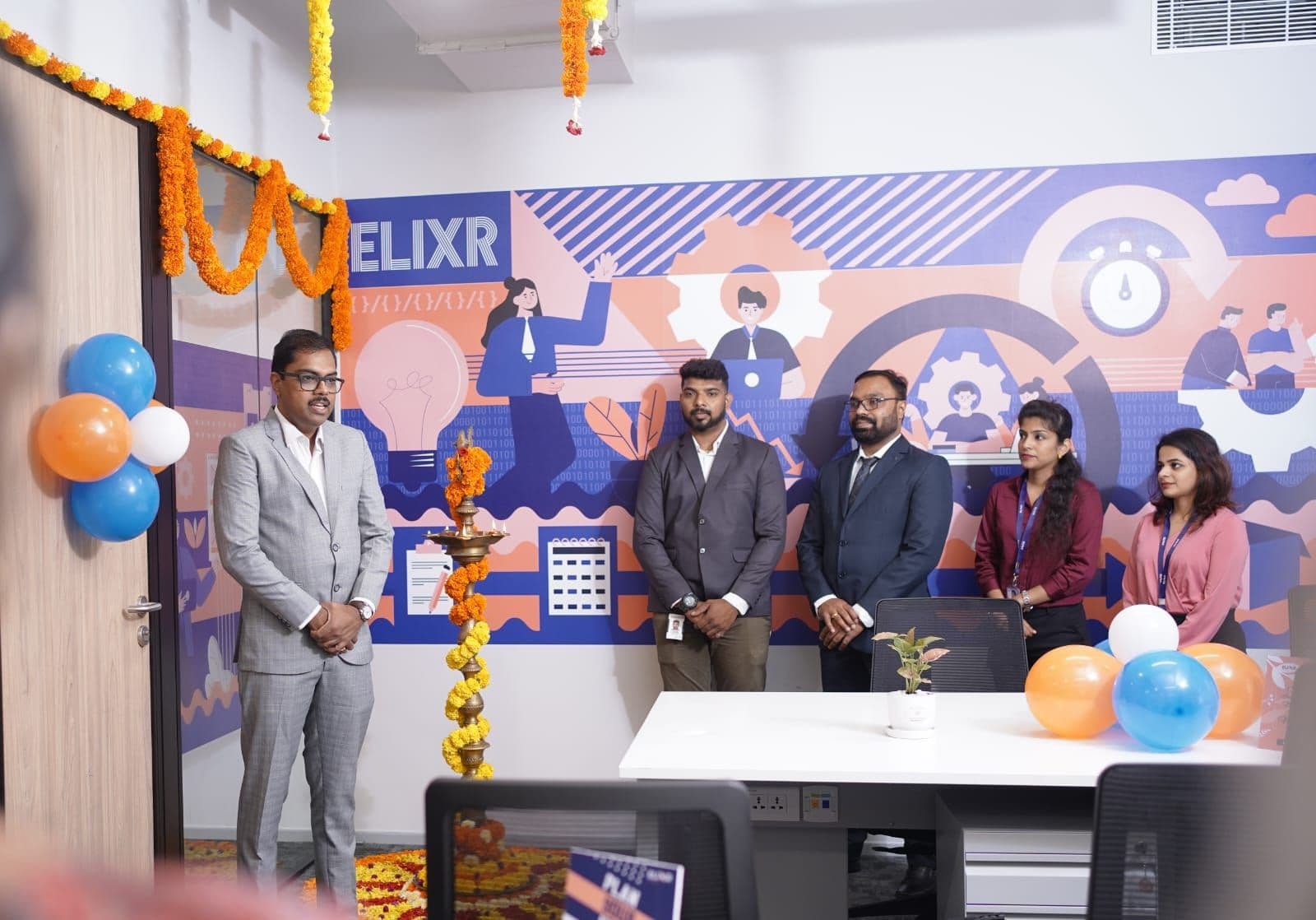
Imagine being at a clinic years ago. The doctor flips through stacks of papers, trying to find your details. Minutes pass, and you’re stuck waiting. It’s frustrating because time is so important in healthcare.
Things have changed. Thanks to EHRs, doctors can quickly pull up your medical records with a few clicks. They know your health history instantly, which makes healthcare visits faster and smoother.
The Rise of Electronic Health Records (EHRs)
Electronic Health Records have changed how doctors keep and use medical information. No more lost papers or messy file cabinets! Now, all your health information, like allergies and test results, is saved on a computer. This helps make healthcare faster, safer, and easier.
EHRs help doctors work together better. If a patient sees different doctors, their medical information can be shared easily. This way, everyone knows the same details and works together to give the best care.
Why EHRs Matter: The Key Benefits
1. Efficiency and Time-Saving
With EHRs, doctors can find patient information in seconds. This saves time and lets them focus more on helping people. For example, if someone comes to the emergency room, having their medical history right away can help doctors act quickly and even save their lives.
2. Enhanced Patient Outcomes
EHRs aren’t just for keeping health details. They help doctors by flagging medicine risks, giving check-up reminders, and spotting health concerns early. This helps patients stay healthier.
3. Personalized Care
People have unique health needs, so their treatment should reflect that. With EHRs, doctors can see all their health information, like past treatments and which medicines were most effective. This helps doctors give care that fits each person perfectly.
4. Improved Accessibility
For patients, EHRs make it easy to see their own health information. Many systems let them check test results, book appointments, and talk to their doctors online. This helps patients take charge of their health.
5. Eco-Friendly and Cost-Effective
Switching to digital records uses less paper, which is better for the environment. While setting up EHR systems can cost a lot at first, they save money over time by avoiding mistakes, stopping repeated tests, and making work easier.
Overcoming Challenges in EHR Implementation
EHRs are very helpful, but moving from paper to digital systems has not been easy. Some common problems include:
- High Initial Costs: Setting up an EHR system can be pricey because it involves buying computers, installing software, and training people to use it.
- Data Security Concerns: While digital records can be hacked, keeping the system up-to-date and using strong passwords can help protect them.
- Learning Curve: It can be a challenge for doctors and nurses to get used to new technology when they’re comfortable with old practices.
Even though there are some difficulties, using electronic health records (EHRs) has many more benefits than problems. As technology gets better, these systems are becoming easier to use, safer, and cheaper.
The Future of Healthcare is Digital
Switching to electronic health records (EHRs) is just the start of big changes in healthcare. New technologies like AI, smart computers, and online doctor visits are helping make better use of patient information. For example:
- AI can look at EHR data to find patterns and suggest ways to treat patients.
- Telemedicine uses EHRs to offer online doctor visits, helping people in faraway places get healthcare.
- Predictive analytics looks at past health data to guess future health problems, helping doctors act early.
As these technologies work together with EHRs, there are endless ways to make patient care better.
Why EHRs Are the New Game-Changer in Modern Healthcare
It’s high to shift to digital data, especially when your healthcare professionals are still managing patient details with paper records. Because the advantages are far beyond what you can even think of. Implementing an EHR system might be challenging at first, but it’s worth it for the time being.
For patients, the digital change means faster and clearer healthcare—no more waiting for test results or losing records. You can focus on what’s most important: staying healthy.
What do you think about switching from paper records to digital files? Have you seen how EHRs help, or do you have any worries about the change? What benefits of EHRs do you think are most impactful in healthcare today?

Connect with Top Doctors Instantly: Skip the Waiting Room with Healthverse

Is Micromanagement Killing Your Workplace?

Journey Forward: Rebooting for Growth After a Strategic Pause
